Yemen officials deny president left country
Yemeni officials have denied President Ali Abdullah Saleh has left the country, a day after he was injured in an attack on his compound in Sanaa.
Saturday, 04.06.2011.
13:48

Yemeni officials have denied President Ali Abdullah Saleh has left the country, a day after he was injured in an attack on his compound in Sanaa. Unconfirmed reports earlier said that Saleh had flown to Saudi Arabia. Yemen officials deny president left country The state news agency had reported five senior officials who were also wounded had been flown to Yemen's neighbor. Saleh broadcast an audio message on Friday saying he was well. But he has not appeared in public and there remains speculation over his condition. He blamed the attack on an "outlaw gang" of his tribal foes - an accusation denied by Sheikh Sadiq al-Ahmar, the head of the Hashid tribal federation, whose fighters have been clashing with security forces. Saleh and several senior officials were praying at the al-Nahdayn mosque inside the presidential compound in the south of Sanaa on Friday afternoon when it was hit by at least three rockets, officials said. Seven guards were killed. State TV has aired only the audio message from the president, accompanied by an old photograph Yemen's Minister of International Co-operation, Hisham Sharaf, told the BBC that the president had received light injuries to his head. But there were reports that the injuries may have been more severe. Saleh was taken to a military hospital and not discharged until late on Friday. By Saturday morning, state television was still airing only the audio message from the president, accompanied by an old photograph. Sharaf also said the speaker of the lower house of parliament, Yahya al-Rai, was seriously wounded, while several other senior officials were also hurt, including Prime Minister Ali Mohammed Mujawar, the speaker of the upper house, Abdul Aziz Abdul Ghani, and Saleh's security adviser. The Saba news agency said Mujawar, Rai, Abdul Ghani, a deputy prime minister and the security adviser were later flown to Saudi Arabia for treatment. The security officer was in serious condition, it added. Then, reliable sources told the BBC that President Saleh had also gone to Saudi Arabia for treatment, or possibly even for good. But Deputy Information Minister Abdu al-Janadi and sources in the president's office insisted that the reports were untrue. A source close to the Saudi royal family also denied Saleh was there. He told the Reuters news agency that the Yemeni leader had "no intention of leaving". Overnight, there was a lull in the fighting in Sanaa which has left more than 160 people dead since last week and brought Yemen to the brink of civil war. Tanks and security checkpoints remain in place across the capital, with a number of roads blocked. Some residents have been out in the streets, getting urgent supplies, but the atmosphere remains very tense. The U.S., the European Union and the Gulf Co-operation Council (GCC) have all called for an immediate ceasefire.
Yemen officials deny president left country
The state news agency had reported five senior officials who were also wounded had been flown to Yemen's neighbor.Saleh broadcast an audio message on Friday saying he was well. But he has not appeared in public and there remains speculation over his condition.
He blamed the attack on an "outlaw gang" of his tribal foes - an accusation denied by Sheikh Sadiq al-Ahmar, the head of the Hashid tribal federation, whose fighters have been clashing with security forces.
Saleh and several senior officials were praying at the al-Nahdayn mosque inside the presidential compound in the south of Sanaa on Friday afternoon when it was hit by at least three rockets, officials said. Seven guards were killed.
State TV has aired only the audio message from the president, accompanied by an old photograph Yemen's Minister of International Co-operation, Hisham Sharaf, told the BBC that the president had received light injuries to his head.
But there were reports that the injuries may have been more severe. Saleh was taken to a military hospital and not discharged until late on Friday. By Saturday morning, state television was still airing only the audio message from the president, accompanied by an old photograph.
Sharaf also said the speaker of the lower house of parliament, Yahya al-Rai, was seriously wounded, while several other senior officials were also hurt, including Prime Minister Ali Mohammed Mujawar, the speaker of the upper house, Abdul Aziz Abdul Ghani, and Saleh's security adviser.
The Saba news agency said Mujawar, Rai, Abdul Ghani, a deputy prime minister and the security adviser were later flown to Saudi Arabia for treatment. The security officer was in serious condition, it added.
Then, reliable sources told the BBC that President Saleh had also gone to Saudi Arabia for treatment, or possibly even for good.
But Deputy Information Minister Abdu al-Janadi and sources in the president's office insisted that the reports were untrue.
A source close to the Saudi royal family also denied Saleh was there. He told the Reuters news agency that the Yemeni leader had "no intention of leaving".
Overnight, there was a lull in the fighting in Sanaa which has left more than 160 people dead since last week and brought Yemen to the brink of civil war.
Tanks and security checkpoints remain in place across the capital, with a number of roads blocked. Some residents have been out in the streets, getting urgent supplies, but the atmosphere remains very tense.
The U.S., the European Union and the Gulf Co-operation Council (GCC) have all called for an immediate ceasefire.





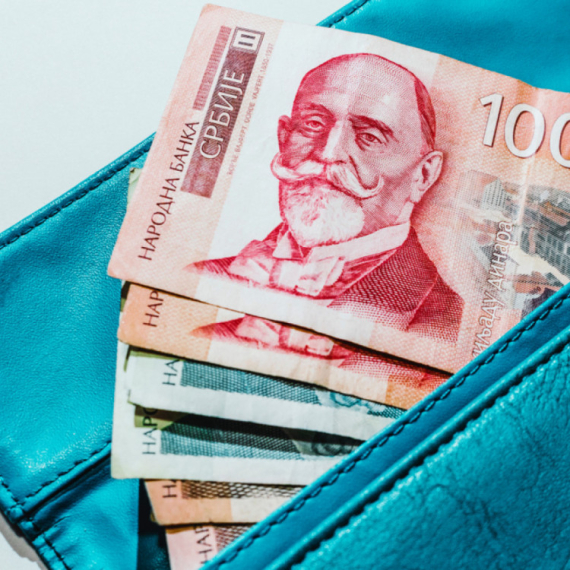




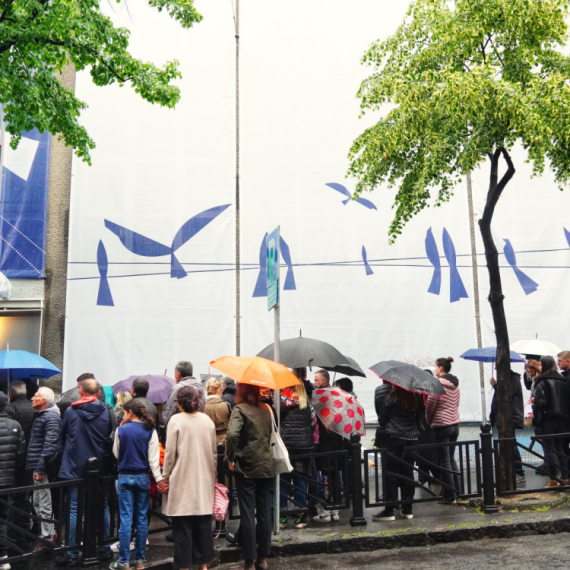
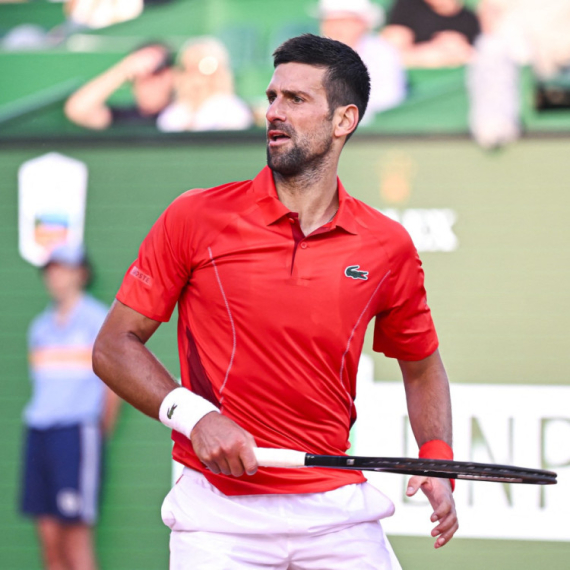
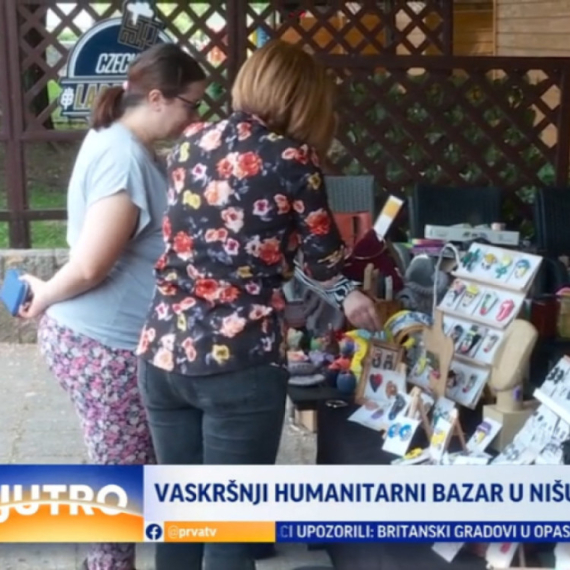
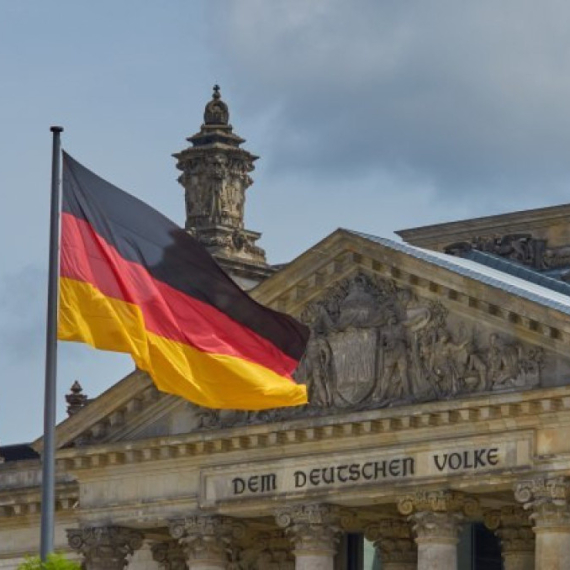
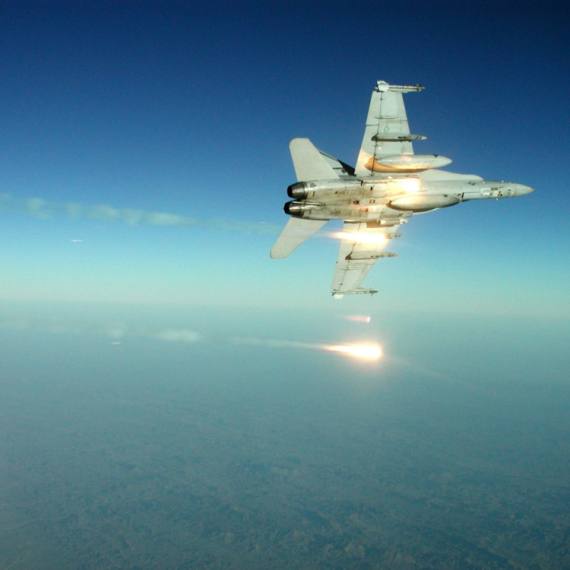
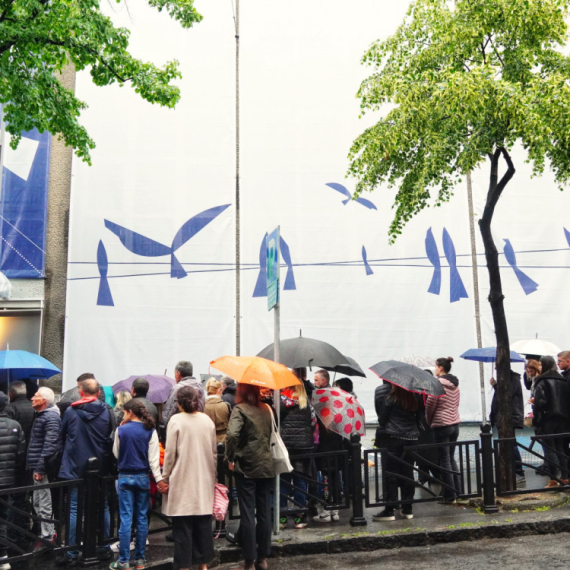

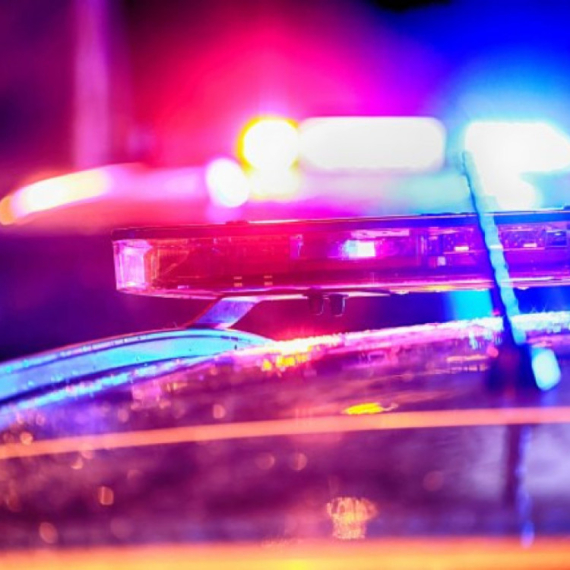
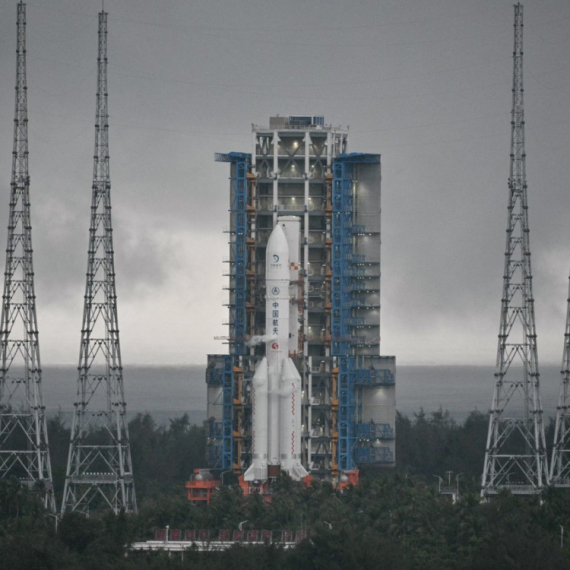
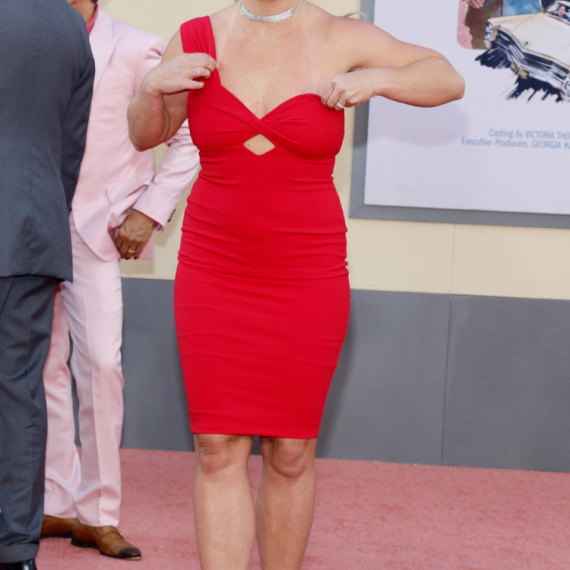
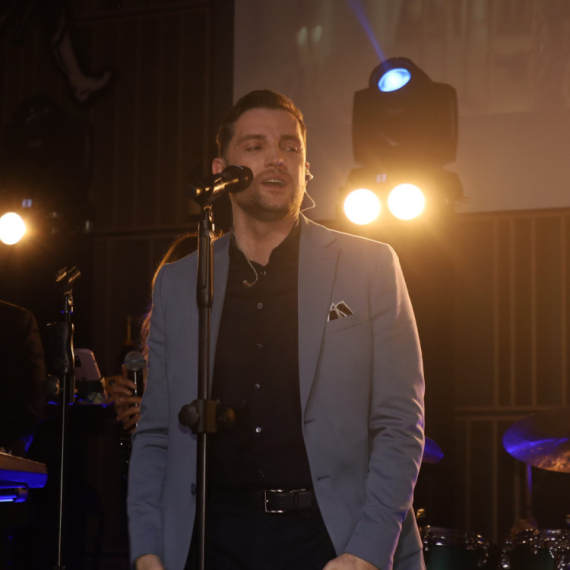
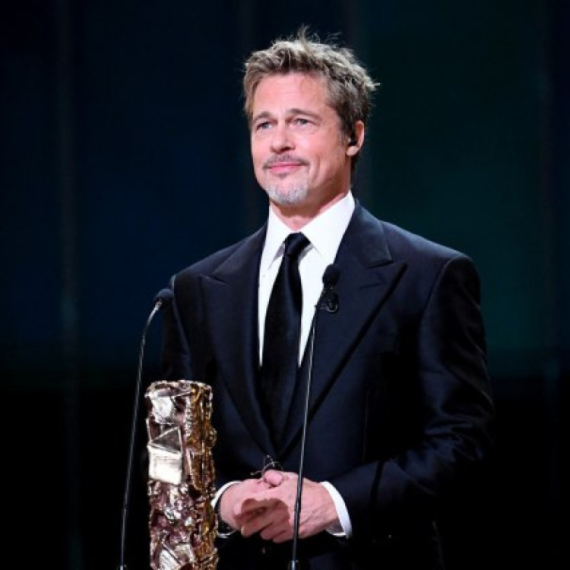
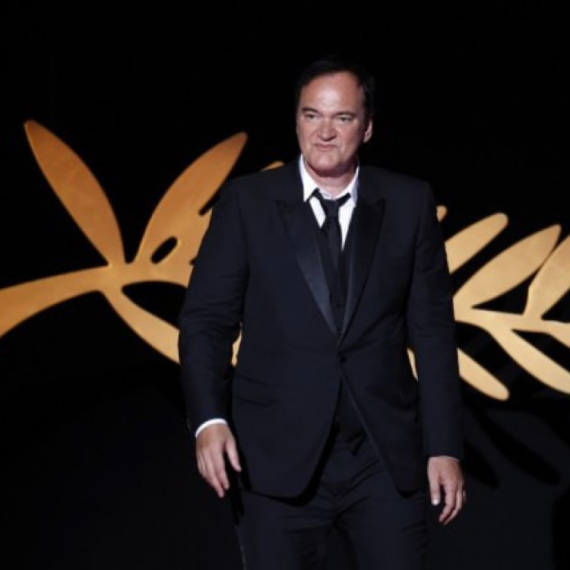





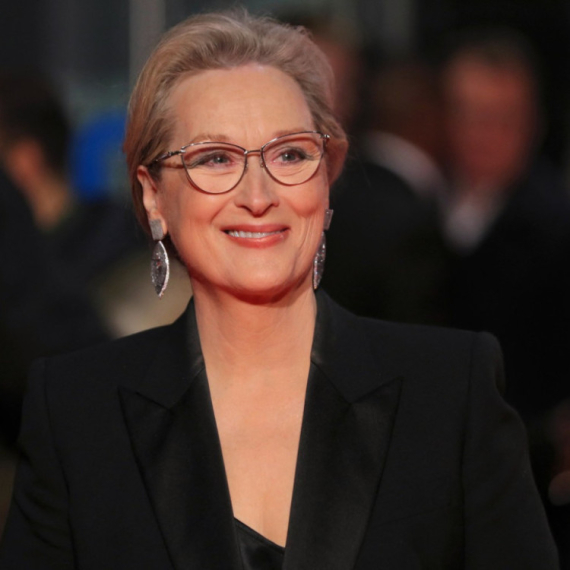

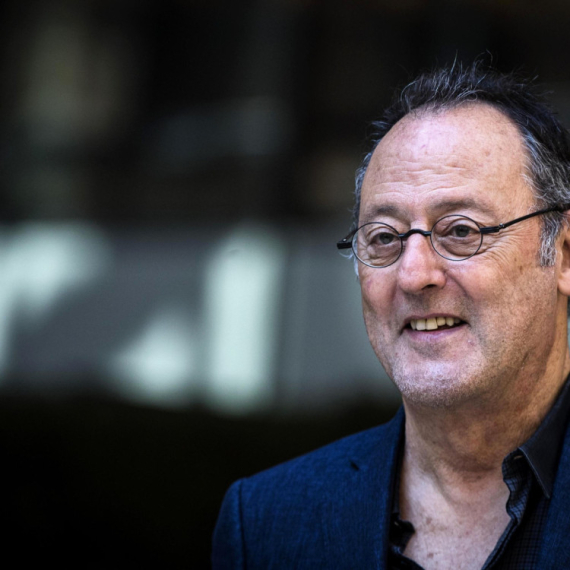
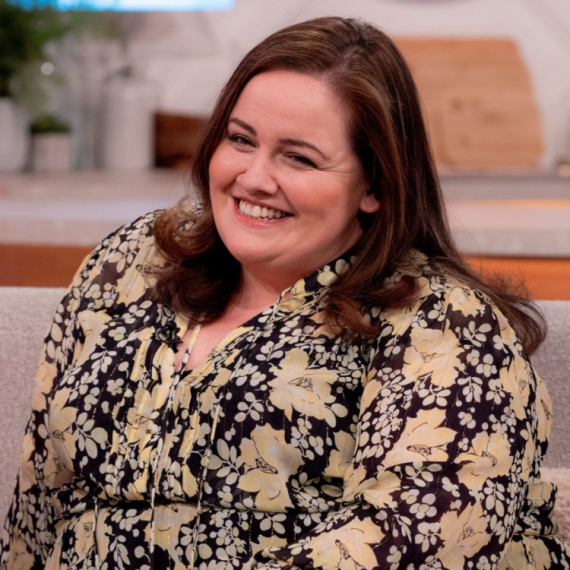











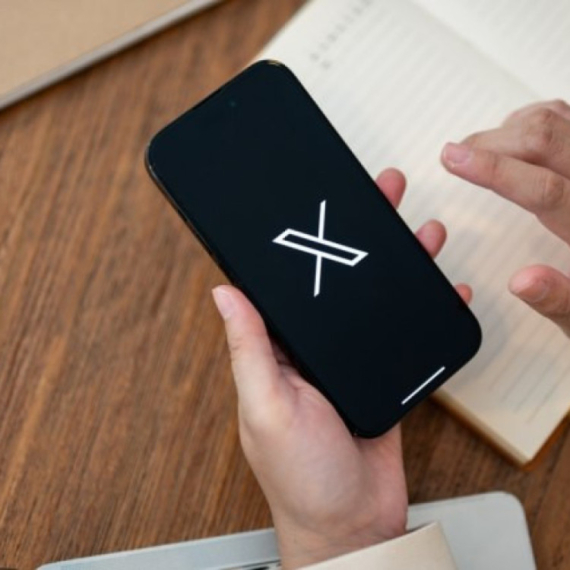

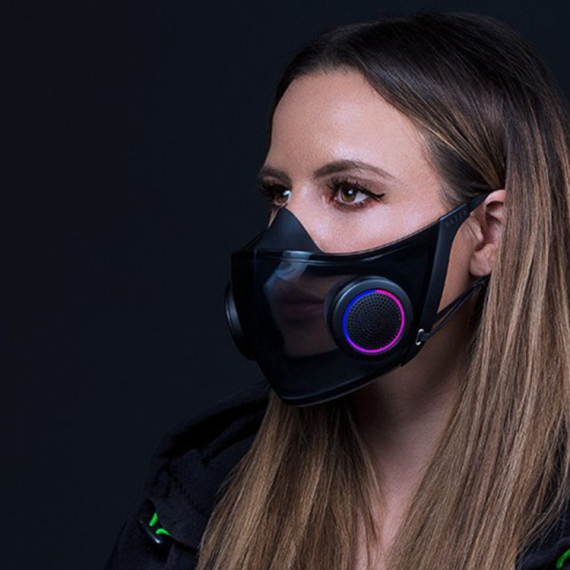

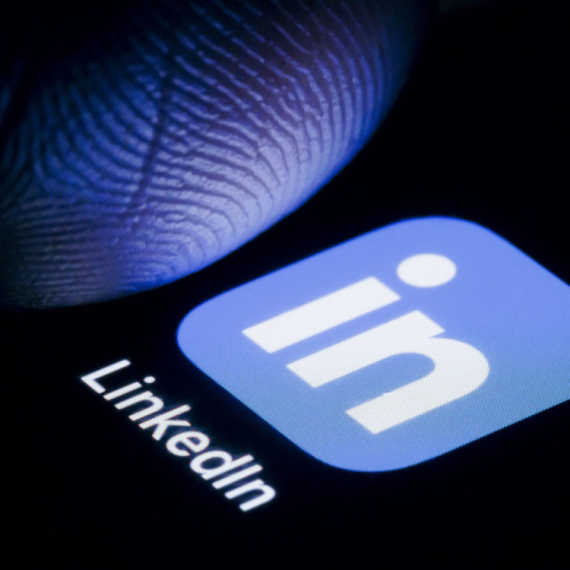


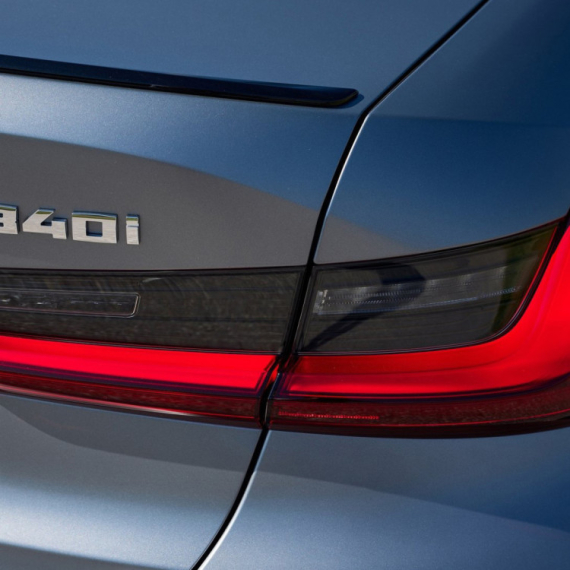


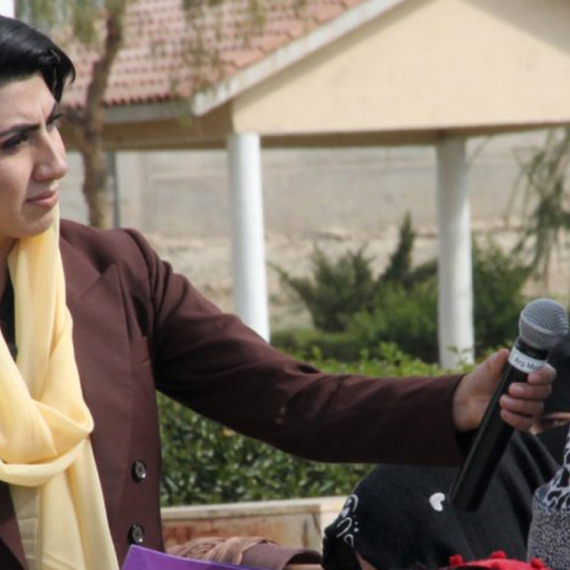
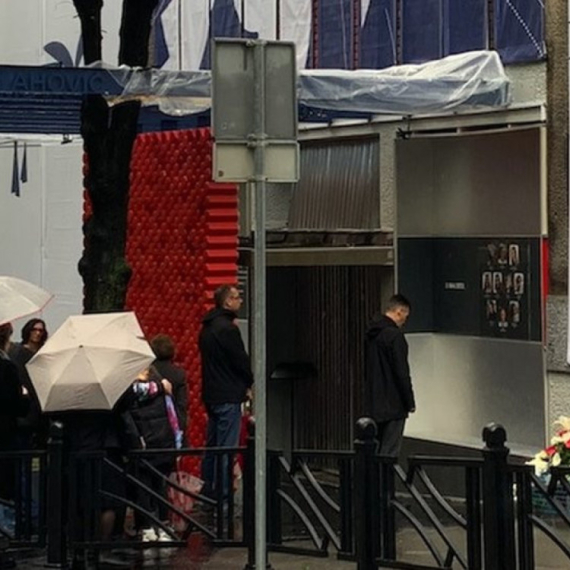
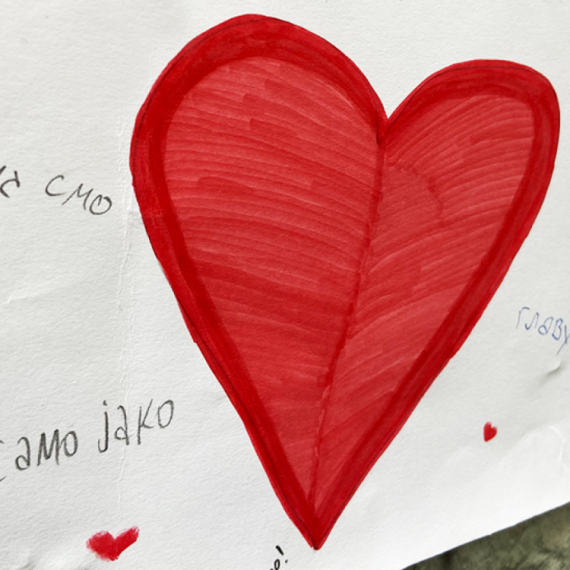



Komentari 0